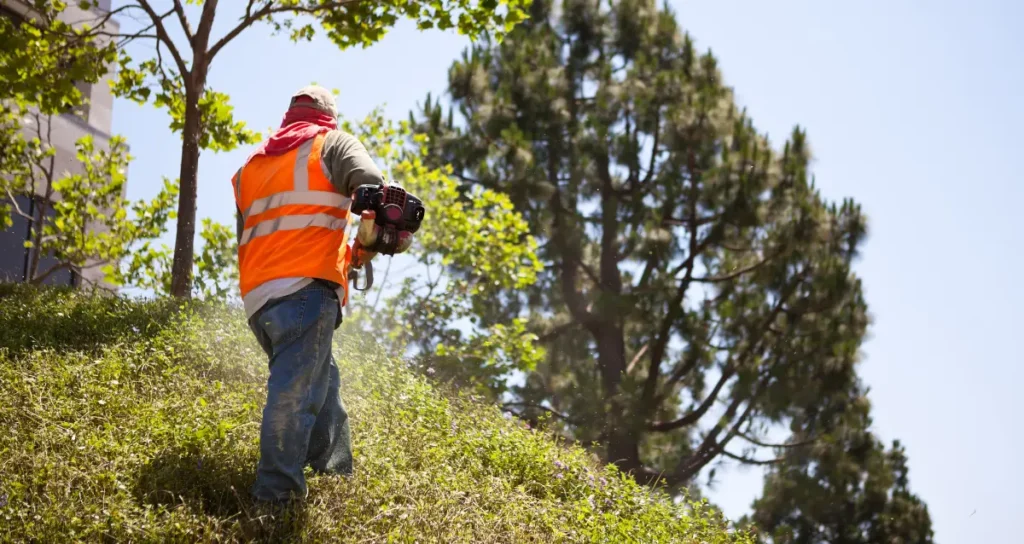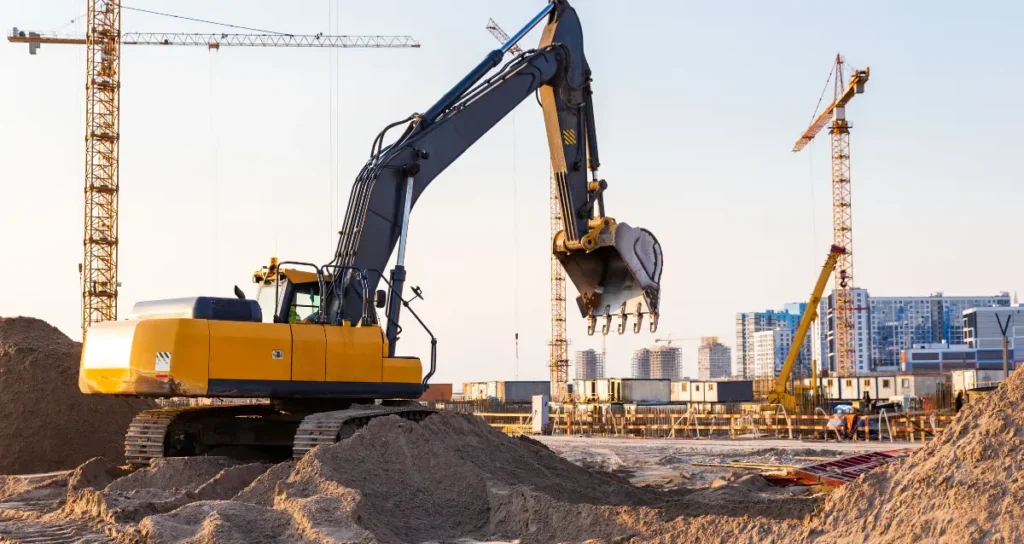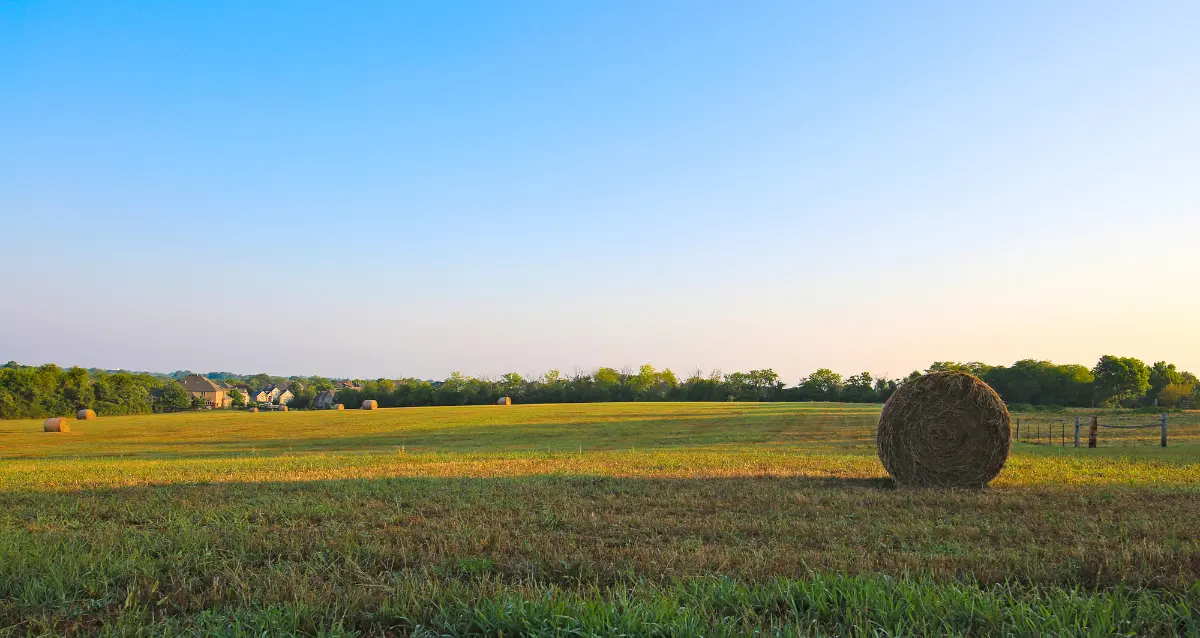The Reality of Owning Land: Unveiling the Untold Truths
The American dream of owning land: Owning land has long been a cherished aspiration for many Americans, symbolizing freedom, independence, and a tangible investment in the future. The idea of having a piece of earth to call one’s own is deeply ingrained in the national psyche, promising a sense of security, pride, and the ability to create a legacy.
However, while the allure of land ownership is undeniable, the reality often comes with a set of challenges and considerations that are frequently overlooked or underestimated.
Pros and cons of land ownership
Like many significant life decisions, owning land has its advantages and drawbacks. On the positive side, land ownership offers the potential for financial growth, the ability to build equity, and the freedom to develop the property according to one’s vision.
It can also provide a sense of privacy, tranquility, and a connection to nature that is difficult to achieve in urban settings. However, the cons of land ownership should not be understated, as they can include significant financial burdens, ongoing maintenance responsibilities, and potential conflicts with neighbors or local regulations.
Usable Land vs Total Acres
Considering terrain and topography
When considering the purchase of land, it is crucial to evaluate the actual usable acreage rather than relying solely on the total number of acres. Rugged terrain, steep slopes, rocky outcroppings, or other challenging topographical features can significantly reduce the amount of land that is suitable for development or practical use.
Failing to account for these factors can lead to a costly mistake, where a substantial portion of the purchased land may be essentially unusable for the intended purposes.
Maximizing usable acreage
To maximize the value and utility of a land purchase, it is essential to thoroughly inspect the property and assess the usable acreage carefully. This may involve consulting experts, such as a trusted land surveyor Fort Collins or land-use professionals, to gain a comprehensive understanding of the land’s characteristics and potential limitations.
By prioritizing usable acreage over the total number of acres, buyers can make more informed decisions and avoid overpaying for land that may not meet their needs or expectations.

Maintenance and Upkeep
Off-road vehicles for mobility
One often overlooked aspect of owning a larger parcel of land is the need for off-road vehicles to navigate and access various parts of the property effectively. With extensive acreage, relying solely on walking or traditional vehicles can be impractical and time-consuming. Investing in an all-terrain vehicle (ATV), utility task vehicle (UTV), or other off-road transportation can greatly enhance mobility and efficiency when managing and exploring the land.
Landscaping and grounds maintenance
Ground maintenance for maintaining the appearance and condition of a large property can be a significant undertaking. Unlike a typical residential lot, extensive acreage requires specialized equipment, resources, and labor to address tasks such as mowing, tree trimming, brush clearing, and general landscaping. Failure to properly maintain the land can lead to overgrowth, diminished property values, and potential safety hazards.
Managing expectations on costs
One of the most important considerations when owning land is managing expectations regarding the associated costs. Maintenance, upkeep, and ongoing improvements can quickly add up, often exceeding initial estimates.
It is crucial to budget not only for the land purchase itself but also for the recurring expenses that come with property ownership. Underestimating these costs can lead to financial strain and potentially compromise the ability to properly care for and enjoy the land.
Property Taxes and Other Fees
School and municipal taxes
As a landowner, it is essential to understand and budget for the various taxes and fees associated with property ownership. In addition to property taxes, landowners may be responsible for contributing to local school districts, municipal services, and other community-based initiatives through dedicated taxes or assessments. These obligations can represent a significant ongoing expense that should be factored into the overall cost of ownership.
Timely payment and penalties
Failing to pay property taxes and associated fees in a timely manner can have severe consequences, including potential liens, interest charges, and even the risk of losing the property through tax foreclosure proceedings.
It is crucial to stay informed about due dates, payment schedules, and any changes in tax rates or assessments. Automating payments or setting up reminders can help ensure that obligations are met on time, avoiding costly penalties and preserving the ownership rights to the land.
Infrastructure and Development Costs
Setting up utilities and access
For undeveloped land or remote properties, establishing basic infrastructure can be a significant undertaking and expense. This may include the installation of utilities such as electricity, water, and septic systems, as well as the construction of access roads or driveways. These costs can quickly add up and should be carefully researched and budgeted for, as they are often underestimated or overlooked entirely.
Budgeting for long-term projects
Developing land, whether for residential, agricultural, or commercial purposes, is typically a long-term endeavor that requires careful planning and budgeting. From initial site preparation and permitting to the construction of structures and amenities, the costs can be substantial. It is essential to approach land development with a realistic understanding of the financial commitments involved and to allocate resources accordingly, avoiding the pitfall of running out of funds mid-project.

The Building Process
Challenges of construction projects
Embarking on a construction project on owned land can be a daunting task, even for those with prior experience. From navigating permits and regulations to managing contractors and materials, the building process is fraught with potential challenges and setbacks. Unexpected delays, cost overruns, and quality control issues are common occurrences that can test the resolve and patience of even the most seasoned builders.
Project management and oversight
Effective project management and hands-on oversight are crucial for successful construction projects on owned land. Whether undertaking the work personally or hiring professionals, it is essential to maintain a clear vision, set realistic timelines, and closely monitor progress. Proactive communication, attention to detail, and a willingness to adapt to changing circumstances can mean the difference between a seamless build and a costly, frustrating endeavor.
Navigating Neighbor Relations
Potential conflicts and complaints
While owning land may provide a sense of privacy and seclusion, it is important to remember that the property does not exist in a vacuum. Neighboring landowners can have a significant impact on the enjoyment and value of the land, and conflicts or complaints can arise over a variety of issues, such as noise, activities, or perceived violations of local regulations.
These situations can escalate quickly, leading to legal disputes, fines, or even restrictions on the use of the property.
Fostering good neighbor relationships
Maintaining positive relationships with neighboring landowners is a proactive approach to minimizing potential conflicts and fostering a harmonious community. This may involve open communication, respect for shared boundaries, and a willingness to compromise on issues that affect multiple parties. Building trust and goodwill with neighbors can pay dividends in the long run, creating a more enjoyable and cooperative environment for all involved.
Conclusion
Owning land is a significant investment and a dream for many, but it is crucial to approach the process with a clear understanding of the potential challenges and responsibilities. From evaluating the usable acreage and factoring in maintenance costs to navigating infrastructure development and neighbor relations, numerous considerations require careful thought and planning.
By being aware of these realities, prospective landowners can make informed decisions and set themselves up for a more successful and rewarding experience.
Despite the challenges and considerations outlined, owning land can be an incredibly rewarding and fulfilling endeavor. The ability to shape and cultivate a piece of the natural world according to one’s vision is a unique privilege that offers a sense of accomplishment and connection to the land itself. Whether it’s building a dream home, establishing a thriving farm or ranch, or simply preserving a slice of nature for future generations, the rewards of responsible land ownership can be immense and deeply satisfying.
FAQs
How do I determine the usable acreage of a property?
To accurately assess the usable acreage, it’s recommended to hire a professional land surveyor or consult with local experts who can evaluate the terrain, topography, and any potential limitations of the property. They can provide a detailed analysis of the land’s characteristics and help identify the areas that are suitable for development or specific uses.
How much should I budget for ongoing maintenance and upkeep?
The costs associated with maintaining a larger parcel of land can vary significantly depending on factors such as the size of the property, the terrain, the type of vegetation, and the desired level of upkeep. It’s advisable to consult with local landscaping professionals, property managers, or experienced landowners in the area to get a realistic estimate of the potential expenses.
What are some common infrastructure costs to consider?
Some of the most common infrastructure costs for undeveloped land include the installation of utilities (electricity, water, septic systems), construction of access roads or driveways, site preparation (clearing, grading, etc.), and any necessary permits or regulatory fees. These costs can quickly add up, so it’s essential to research and budget accordingly.
How can I foster positive relationships with neighboring landowners?
Building good neighbor relationships starts with open communication, respect for shared boundaries, and a willingness to compromise on issues that may affect multiple parties. Introducing yourself, being considerate of noise and activities, and addressing any concerns promptly and respectfully can go a long way in maintaining a harmonious community.
What legal or regulatory considerations should I be aware of as a landowner?
As a landowner, it’s crucial to familiarize yourself with local zoning laws, building codes, environmental regulations, and any other applicable ordinances or restrictions that may impact the use and development of your land. Consulting with local authorities or seeking legal advice can help ensure compliance and avoid potential issues or penalties.
FURTHER READING







